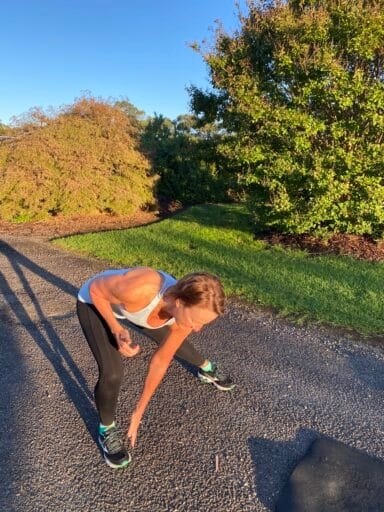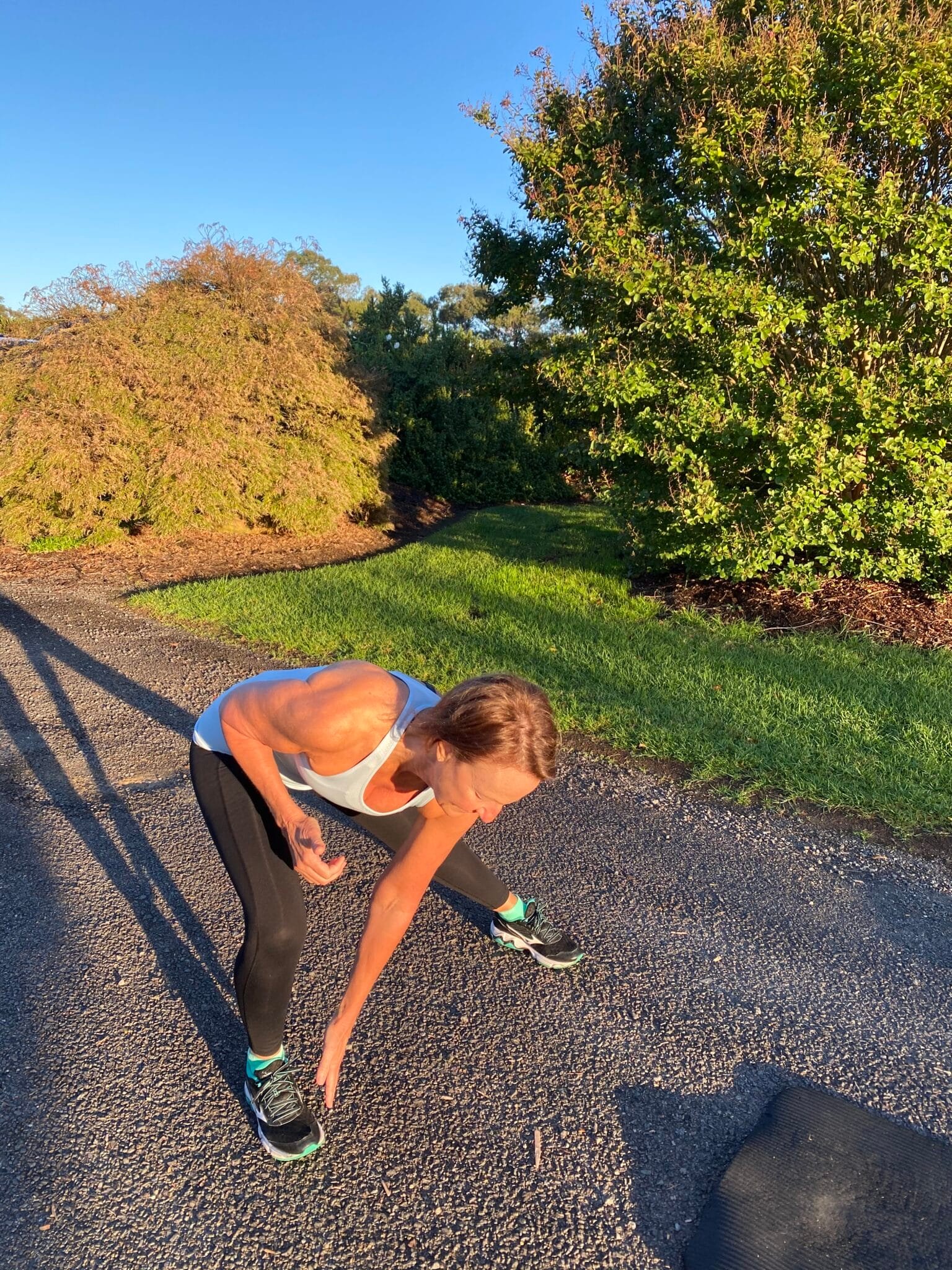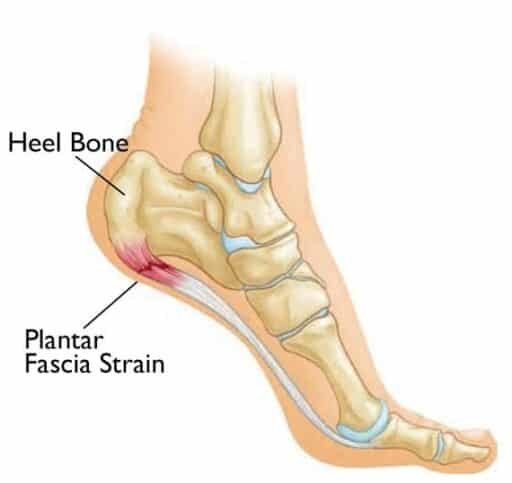
Focus 3 – Execution
FOCUS 3 – FOCUS ON EXECUTION “Concentrate all your thoughts upon the work at hand. The sun’s rays do not…
15/03/2018

FOCUS 3 – FOCUS ON EXECUTION
“Concentrate all your thoughts upon the work at hand. The sun’s rays do not burn until brought to a focus”. Alexander Graham Bell
FOCUS ON EXECUTION
“Focus can be defined as the behavioural and cognitive process of selectively concentrating on a discrete aspect of information, whether subjective or objective, while ignoring other perceivable information”(Wikipedia). Habit three is about executing around your priorities. Have you ever found yourself driving a car and something grabs your attention (a hot girl – not that that would get my attention dear wife – or a hot man or a car accident) and then you re-gain your attention as you find yourself veering in the direction of where you are looking? What do you do in that situation? You veer back on track as quick as possible because your life may be depending on it! Focusing on your health and fitness can be allot like these situations. You know where you want to go – but then a tasty treat distracts you and you veer off the road!
If you get distracted from your goals often enough it is as though you have ended up on some back country road – nowhere near where you wanted to be so you end up just driving that way instead. Sometimes it is hard to get where you are going if all you think about is the destination. You have to focus on the journey – the next turn, the speed humps – you need to plan when to re-fuel and make sure you have entered the right information into Google maps for where you want to go. You have to expect distractions and you have to have strategies in place to deal with them.
In Sean covey’s book – the 4 disciplines of execution he discusses his strategy of helping others to achieve their goals by helping them to focus on execution. The idea is that the big picture or the wildly important goal can get lost in the traffic of life and as soon as you lose your direction it is hard to get back on track – especially if it is not kept accountable or measured. If we keep our focus on what is important and what is required to achieve that goal we are much more likely to stay on track or get back on track faster.
“The key is not to prioritise what’s on your schedule, but to schedule your priorities.” Stephen Covey
In The four disciplines of execution Stephen Covey junior discusses:
Let’s look at these ideas and a few others in relation to execution of your health and fitness priorities (if you need a great business book on executing around your priorities I recommend The Four Disciplines of Execution by Stephen Covey junior).
“The secret of change is to focus all of your energies not on fighting the old but on building the new” – Socrates
FOCUS ON THE WILDY IMPORTANT
“Simply put, Discipline 1 is about applying more energy against fewer goals because, when it comes to setting goals, the law of diminishing returns is as real as the law of gravity”. Sean Covey – The Four Disciplines of Execution
Where on earth we can find more time and energy? The simple answer is you won’t have to if you have a fewer goals. You have to decide what those few goals are. This is where having a great philosophy and good attitude will set you up for success. By knowing your values and attitudes you are able to unearth meaningful goals that are wildly important to what you want in your life.
Covey suggests having only 2 to 3 important goals at a time. He shows research that having more than this number greatly diminishes the likelihood that you will achieve any of your goals with excellence.
“Science tells us the human brain can give full focus to only a single object at any given moment. You can’t even give your best effort to driving a car while talking on a mobile phone and eating a burger, let alone juggle multiple important business goals at once”. Sean Covey
This is where health and fitness goals often fall down for many people. We get caught up in other goals and pressures in our life and the health and fitness goals fall by the wayside.
However if you have made your health and fitness goals wildly important to you and you focus on these goals with the relative importance you massively increase the likelihood of success.
So how do we decide on wildly important goals? You decide what’s most important to you and why! If you are letting others direct you at this point –
“This is analogous to collecting flowers from a field full of weeds. Evoking is not the same as provoking. We are there to evoke ideas about what they cherish, and connect them to what is being said:” that’s from motivation for coaches and what it is saying is you have to delve deep into your life, your values, your desires, your dreams to come up with these goals. Only then can you truly connect to them and only then will you be truly motivated to hold them up as wildly important goals and take the necessary actions that you need to keep them as a priority and reach your destination. Make your goals personal. Add values. Add emotion. Make them wildly important.
“Constructive behaviour change seems to arise when the person connects it with something of intrinsic value, something important, something cherished.” Motivation for Coaches, Roy Sugarman
ACT ON THE LEAD MEASURES
This strategy is about focusing on the activities that are most connected to your wildly important goals. Lead measures are the measures of that activity (not the overall goal but the activity itself). So if your goal is to lose 10 kg to be a better parent for your children the your lead goal focus should be on attending gym five times per week and sticking to your nutrition plan six days per week.
The great thing about goal setting in this way is that it makes your goals more predictive of your results and gives you more influence on both the task towards the goal and the goal itself. What I mean by that is if you are not achieving the big goal you can change the small goals (lead goals) to make it more likely that you will achieve the big goal. This process naturally helps you to break down your big goals into small goals.
Setting lead goals is about having an action orientation and focus. We want you to set goals for actions you’re going to take to achieve your dreams.
Here are some examples of lead goals within the focus habits framework:
Write my personal health and fitness mission and read it daily
Develop my happiness by Reading happiness literature daily for all least 20 minutes and finishing happiness by Mathieu Ricard by 30/11
Focus on actions by checking all of my daily goals are action oriented
By setting strength, fitness and mobility goals and training accordingly.
Dead lift three times per week to Increase my dead lift to 60 kg by 30th of November Run. At 80% twice per week to improve my beep test to level 8 buy 30th of November
Perform my yoga routine three times per week Achieve a score of zero on the sit and reach by 30th of November
3 times per week on strength to achieve a deadlift of 140kgs for 10 reps 3 times per week on mobility to achieve
Drink 3 litres of water daily and eat only natural food (nothing packaged/processed or refined) six days per week
Get 7.5 hours sleep per night and be in bed by 930pm.
Review my goals weekly on a Sunday and plan my training week and lifestyle.
CREATE A CADENCE OF ACCOUNTABILITY
This strategy for execution is about creating accountability.
“A frequently recurring cycle of accounting for past performance and planning on moving the score forward” as Covey puts it.
In a sense we already have this planned in habit seven of the focused health and fitness habits however I would not have been doing justice to the four disciplines of execution if I did not mention this again now.
Accountability is best created between people so this is definitely an area where it would help to have a friend, family member, teammate, personal trainer or coach
At least by yourself but ideally with these people you should hold a regular accountability meeting to:
The four disciplines of execution are an operating system for achieving the goals you want to achieve.
KEEP A COMPELLING SCORE BOARD
The strategy is a bad engagement and awareness. It is about knowing where you are in comparison to your goals. It is about tracking your scores and being responsive to them. This may sound a little boring but it is actually vitally effective at helping you experience small successes and at developing yourself efficacy which is a vital part of your belief in yourself to achieve the big goals.
The score board can also help you take the baby steps we need to break down larger goals. Note this strategy is about creating a compelling scoreboard. This means making it more meaningful than just that 10 kg. This means attaching deeper meanings and more important outcomes to that 10 kg. This is another opportunity to focus on how success in these goals will influence more important areas of your life.
Focus points to help keep a compelling school board.
4 make promises to yourself and to the people you love. Making promises instead of goals makes your goals more powerful
5 make it visually appealing and easy to understand – there is a great app called streaks that helps with this
As Stephen R. Covey says, “You have to decide what your highest priorities are and have the courage—pleasantly, smilingly, unapologetically—to say no to other things. And the way you do that is by having a bigger ‘yes’ burning inside.”
I have adjusted this from Stephen Covey to your health and fitness
“In determining your wildly important goal, don’t ask “What’s most important?” Instead, begin by asking “If every other area of my health, fitness and lifestyle remained at its current level, what is the one area where change would have the greatest impact?” This question changes the way you think and lets you clearly identify the focus that would make all the difference.
It could actually be your attitude or your relationships that you need to work on first. By having this fake us and asking us questions you will enjoy a different know what you need to make wild important
Focus points:
Decide on no more than 2 wildly important goals
Make sure your I lead goals are directly related to accomplishing your wildly important goals Make sure your daily focus is on the lead goals
Make sure every wildly important goal is smart Set smart goals
next step in the focused process – focus 4 movement

Plantar fasciitis is one of the most common foot conditions, causing pain and discomfort along the bottom of the foot,…
22/01/2025